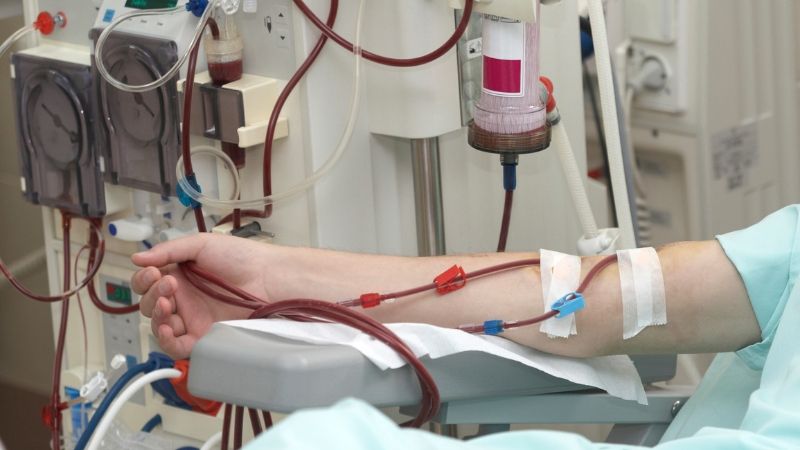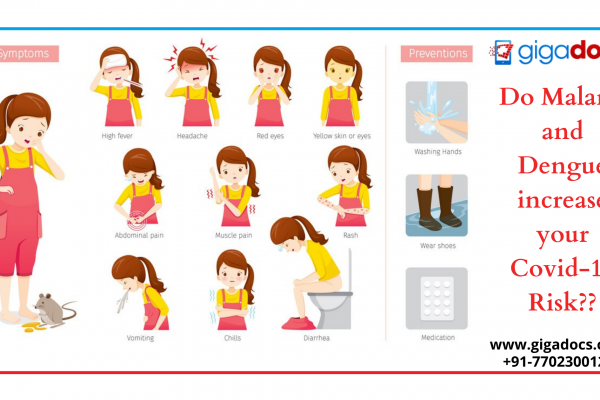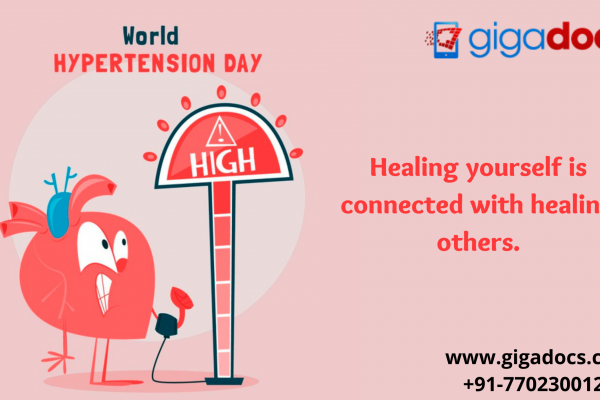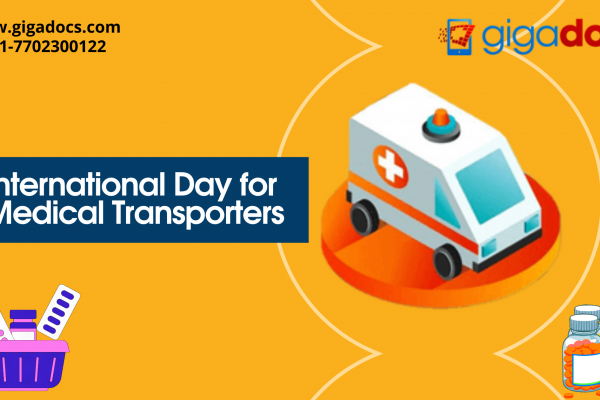Kidney patients on dialysis are one of the most vulnerable group’s susceptible COVID-19, an infectious pandemic disease caused by the novel Coronavirus (SARS CoV-2). COVID-19 may cause high morbidity among the senior citizens and patients with associated comorbidities. Chronic Kidney Disease Stage-5 (CKD-5) patients on dialysis are one of the most critically vulnerable groups who need to take extra precautionary measures to fight the COVID-19 pandemic.
COVID –19 Precautionary measures for Senior Citizens undergoing Dialysis
If you or your loved ones are senior citizens who are undergoing renal dialysis, self-isolation or shielding is the best self-protective measure to protect against COVID-19. Self-isolation minimises any susceptible interaction with other people.
With the ongoing circumstances, senior citizens are strongly advised to stay at home for at least 12 weeks, especially in conditions when-
- They have undergone a transplant
- They are on dialysis
- Over 70 years of age on any form of immunosuppression or have been on one in the recent past
- Kidney disease is caused by autoimmune inflammation.
COVID –19 Precautionary measures for Children with Kidney Disease
According to statistical data, children and young people tend to fare better than adults in terms of severity of symptoms and length of illness when COVID-19 is diagnosed. However, children with kidney disease are categorised into a higher risk group.
Children identified at higher risk include:
- Children on dialysis.
- Children with Chronic Kidney Disease (CKD) Stage 5, awaiting a transplant or dialysis.
- Children with CKD stage 4, who have other health problems in their other organs, like heart, lungs, liver, and neurology.
- Children with CKD stage 3, if they have other comorbidities (other health problems in other organs, such as the heart, lungs, liver, and neurology).
The guidelines for children’s in the vulnerable group are recommended strict self-isolation throughout the height of the pandemic.
COVID –19 Precautionary measures for Pregnant women with Kidney Disease
Pregnant women with CKD are identified as venerable to COVID-19. Though reports point that COVID-19 does not have a negative effect on babies’ development. However, as we move forward, there is limited information to interactions between kidney disease, pregnancy and coronavirus.
COVID –19 Precautionary measures for Patients with One Kidney
If you or your loved one has one kidney, worry not, this does not put you at increased risk for COVID-19. If your kidney function is normal you or your loved one will not be at an increased risk for the coronavirus pandemic if adequate precautions are taken.
In exceptional cases, patients who have chronic kidney disease, with reduced kidney function have increased vulnerability. If your / your loved one’s kidney is removed, the health reasons leading to the kidney removal may put them on a high-risk group making social isolation the need of the hour.
COVID-19 – Self-Isolation measures for Chronic Kidney Disease Patients
- Strictly avoid contact with someone who is displaying symptoms of any respiratory illness like high temperature and/or new and continuous cough.
- Stay in your house, avoid any gatherings. Connect with loved ones over remote technology such as phone, internet, and social media.
- Do not go out shopping even if it is for any emergency need. For online food or medication deliveries, opt for contactless delivery which will be left at your door to minimise contact.
- CKD patients must avoid busy, crowded places. It is important for their mental and physical health. Caretakers must keep them active during these difficult times.
Precautions for caretakers who are attending Chronic Kidney Disease Patients
Caretakers who share the same living space with Chronic Kidney Disease patients who are into a high-risk group do not have to adopt shielding measures if they are following the social distancing guidance stringently.
The whole household of a CKD patient must be very careful to follow the self-isolation and sanitation measures.
Safe Dialysis Measures for CKD Patients
- Patients must NOT STOP their treatment during the COVID-19 outbreak.
- Skipping dialysis can lead to serious adverse effects and increase the risk of hospitalization.
- In transplant cases, a patient who has any respiratory infection must inform their transplant unit before the dialysis.
- Patients must not change their medications unless advised by their doctor or the dialysis centre.
- Caretakers must ensure that CKD patients practice stringent social distancing, stay away from those who are sick and wash hands as much as possible.
Precautionary measures for Dialysis Centres
Patients on dialysis are an extremely vulnerable group and they should be extra cautions travelling. They must be provided with fluid-resistant surgical face masks for use when travelling to and from dialysis, throughout the dialysis treatment, and in waiting and assessment areas used before or after treatment. Here are the precautionary measures to be taken by Dialysis centres treating kidney patients-
- Run a temperature check on patients for any fever or breathing or respiratory (lung) symptoms.
- Enquire if the patient is living in an area where people have had COVID-19.
- Enquire if the patient has had contact with someone who is being checked for COVID-19 or has recently travelled to any region where COVID-19 has spread.
- Keep patients who may have respiratory symptoms in a separate area.
- Medical staff treating and caring for people on dialysis must wear single-use disposable plastic aprons, gloves and surgical mask for the protection of the patient.
- Share essential hygiene information and other ways to stay safe with the patients and staff. Centres must have tissues, hand sanitizer, and trash bins with foot pedals.
- Make separate waiting areas for sick patients that are at least six feet from other patients.
- Ensure routine cleaning and disinfection of procedures.
It is extremely important for kidney patients to extra precautions when they visit the dialysis facilities to best protect their health.
Book the best Nephrologist around you on the Gigadocs app. Gigadocs is an intelligent platform to manage your digital healthcare powering you to-
- Fix a consultation with doctors around you.
- Maintain your health and manage the healthcare of your family though digital recordkeeping.
- Never miss any follow-up appointments, the Gigadocs app will notify you with the timings and details of your follow-up dialysis schedules.
Kidney patients must follow social distancing and stay at home, avoid crowds as much as possible during the ongoing Coronavirus Crisis. Those who are undergoing or are treated with hemodialysis must continue their scheduled treatments, which are prescribed three to four times a week on an average.




